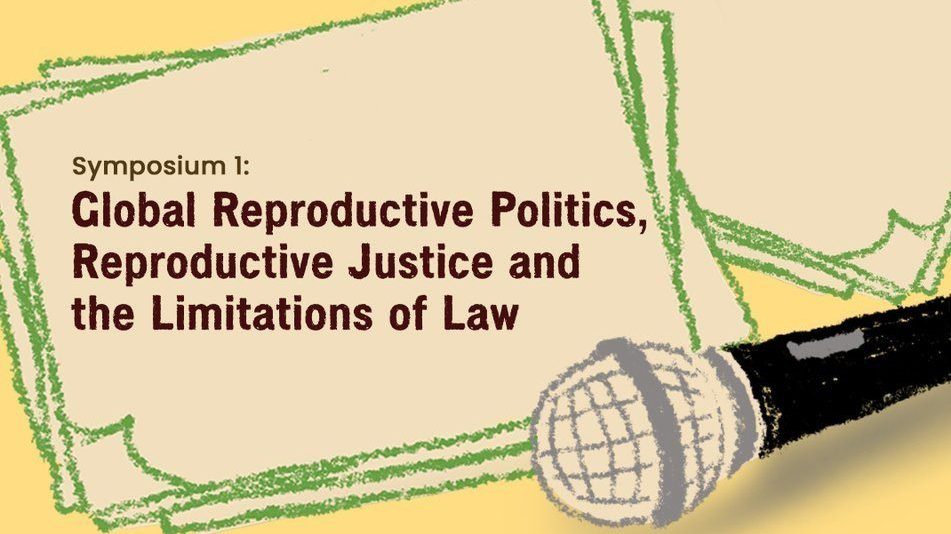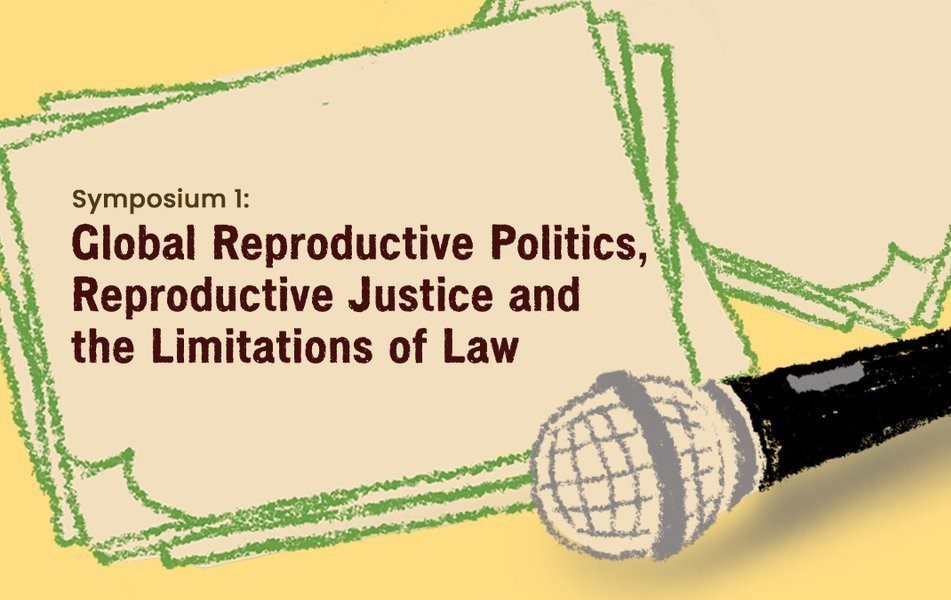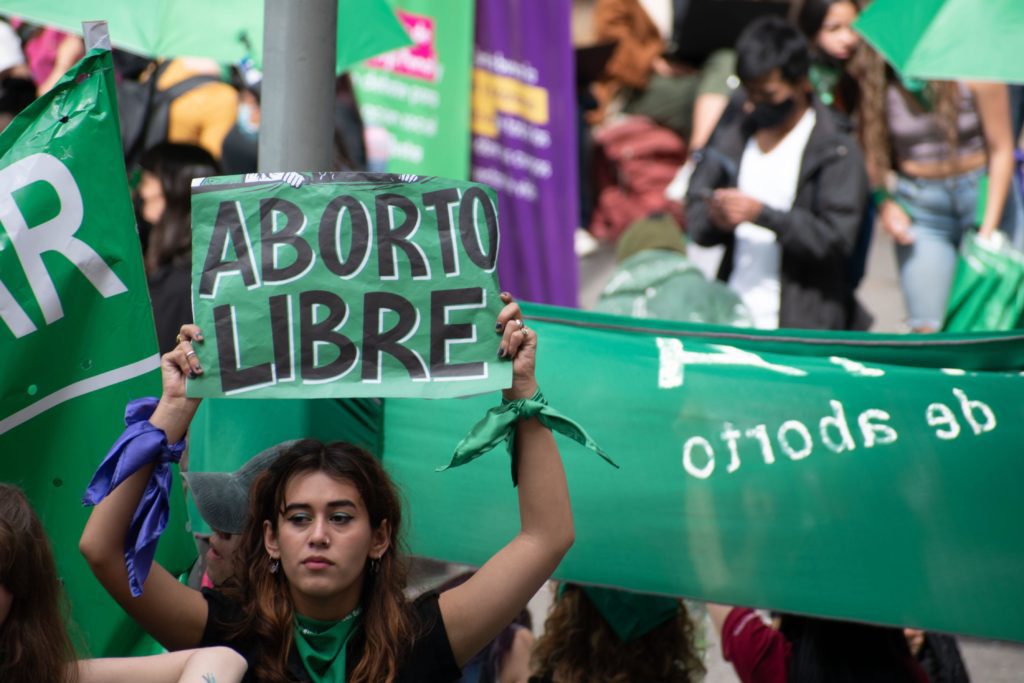Center Symposium Focuses on Decriminalization of Abortion and Sexual and Reproductive Justice
"Global Reproductive Politics, Reproductive Justice, and Limits of Law” event brings together global experts, academics, and activists.

On May 11, the Center co-sponsored the “Global Reproductive Politics, Reproductive Justice, and Limits of Law,” a virtual symposium with its regional partners, including the Law and Marginalization Clinic, Centre for Justice Law & Society at Jindal Global Law School, India and six other organizations. The symposium brought together global experts, academics, and activists to respond to key issues around decriminalization of abortion and sexual and reproductive justice.
“The significance of building solidarities and learning from experiences across the globe where progressive steps are being taken to liberalize abortion access and to improve access to SRHR for all is clearer than ever,” said Brototi Dutta, Advocacy Adviser for Asia at the Center for Reproductive Rights. “This symposium is an important contribution towards this conversation, especially in view of India’s recent abortion law reform, and the Center is proud to have collaborated on it.”
In the two-session symposium, panelists discussed the following topics:
Decriminalizing Abortion: Towards a Rights-Based Approach
- Andrea Parra (Queer Attorney, Feminist Legal Activist) set the context around the decriminalization of abortion and introduced the speakers.
- Alicia Yamin (Senior Fellow, Harvard Law School) compared the developments in the United States with that of Argentina and Colombia in light of how the political economy shaped the sexual and reproductive rights framework.
- Clara Rita Padilla (Executive Director, EnGendeRights) examined the role of law in making decriminalization of abortion a reality. Her remarks were informed by the latest legal changes around abortion in the Philippines.
- Agnieszka Król (Manager, Programs and Innovation, CREA) commented on the political situation in Poland and the relationship between political conservativeness and restrictive abortion laws. Król spoke on the role of social movements in shaping advocacy around abortion decriminalization.
- Phylis Mbeke Ndolo (Executive Director, Women Spaces Africa) highlighted the strategic advocacy and legal efforts to work towards the decriminalization of abortion. Ndolo further highlighted the intersection of disability with sexual and reproductive rights.
Reproductive Justice: A Discourse in Centering Access
- Vqueeram (Vocal Queer Activist, Independent Academic) introduced the session and broadly framed the discussion around the transition from reproductive rights to the reproductive justice framework.
- Mytheli Sreenivas (Associate Professor of History and Women’s, Gender and Sexuality Studies, Ohio State University) spoke about the reproductive justice framing used by women of color and Indigenous women, highlighting the fractures of the mainstream feminist movement. She emphasized the need to integrate the intersectionality of caste, race, and poverty within the reproductive rights framework.
- Nikita Sonavane (Co-founder, Criminal Justice and Police Accountability Project) examined the role of criminal laws in India and their interference with access to abortion. In particular, she highlighted the intersections of caste and religion with criminal laws around sexual and reproductive health issues.
- Maria Ní Fhlatharta (Legal Researcher and Human Rights Advocate, Co-Founder, Disabled Women Ireland) highlighted the way laws in Ireland severely impeded the exercise of reproductive choices. Fhlatharta further argued that the reproductive justice framing allowed for marginalized voices within the reproductive rights movement to be heard.
- Blas Radi (Philosophy Professor and Co-Coordinator of the Independent Chair of Trans Studies at the School of Philosophy and Literature, University of Buenos Aires) characterized reproductive justice as a “complex and multifaceted phenomenon that includes a theoretical approach.” Radi highlighted the interaction of transgender people with sexual and reproductive rights and choices.
The Center frequently sponsors and participates in events covering important SRHR issues. See the events page for more information.



